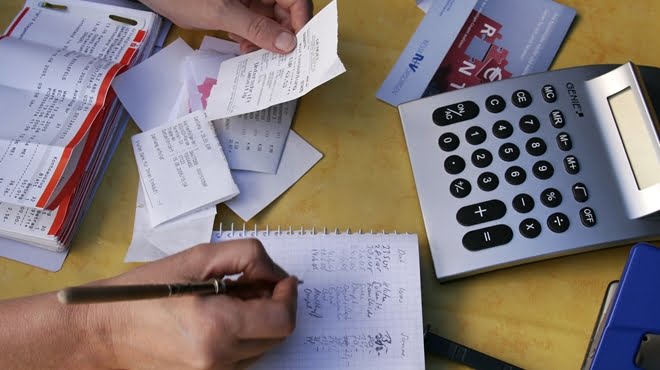Following the City of Cape Town’s extended call for public comment on the proposed tax levy yesterday, the City maintains that a drought charge is critical and may be imposed as early as February.
The window for comment on the drought charge closed yesterday with the City recording 60 000 public comments.
According to Mayoral Committee Member for Finance, Johan van der Merwe, the council will consider the comments.
Van der Merwe pointed out that although there has been public engagement around the water tax, not all comments may be negative or opposed to the charge.
“The council will have to consider any alternative funding strategies available to meet the water and sanitation services deficit, should the drought charge not be implemented. Council has already repriorisitised the City budget significantly”, said Van der Merwe.
Van der Merwe added that the charge is crucial in order to make up for the shortfall in revenue.
“We do not make a profit from water revenue”, assured Van der Merwe.
Based on the model, the average non-indigent person would pay R73 per month.
The proposal would ultimately lie in the hands of Council and the National Minister of Finance for approval.
If given the go-ahead, the drought charge will be implemented after authorisation by the National Minister of Finance, subject to the approval by Council of the Adjustment Budget.
“If the authorisation and approval is in place, it is expected that the charge will be implemented from 1 February 2018”, says Van der Merwe.
On the City’s current projects implemented to combat the water crisis, Van der Merwe says that the City’s three desalination schemes, V&A, Monwabisis and Strandfontein can be ramped up to full capacity by July.
“It must be noted that the most vital mechanism to avoid Day Zero is to reduce consumption. Although we have had great success with lowering consumption, in partnership with residents, less than half of residents are saving and there is a lot of room for improvement”.
“Furthermore, water saving efforts cannot be relaxed or stopped when additional water from alternative sources comes online. It will take a number of yeas for our dam levels to recover and rainfall predictability remains uncertain so water savings must continue in order to avoid Day Zero”, concluded Van der Merwe.
